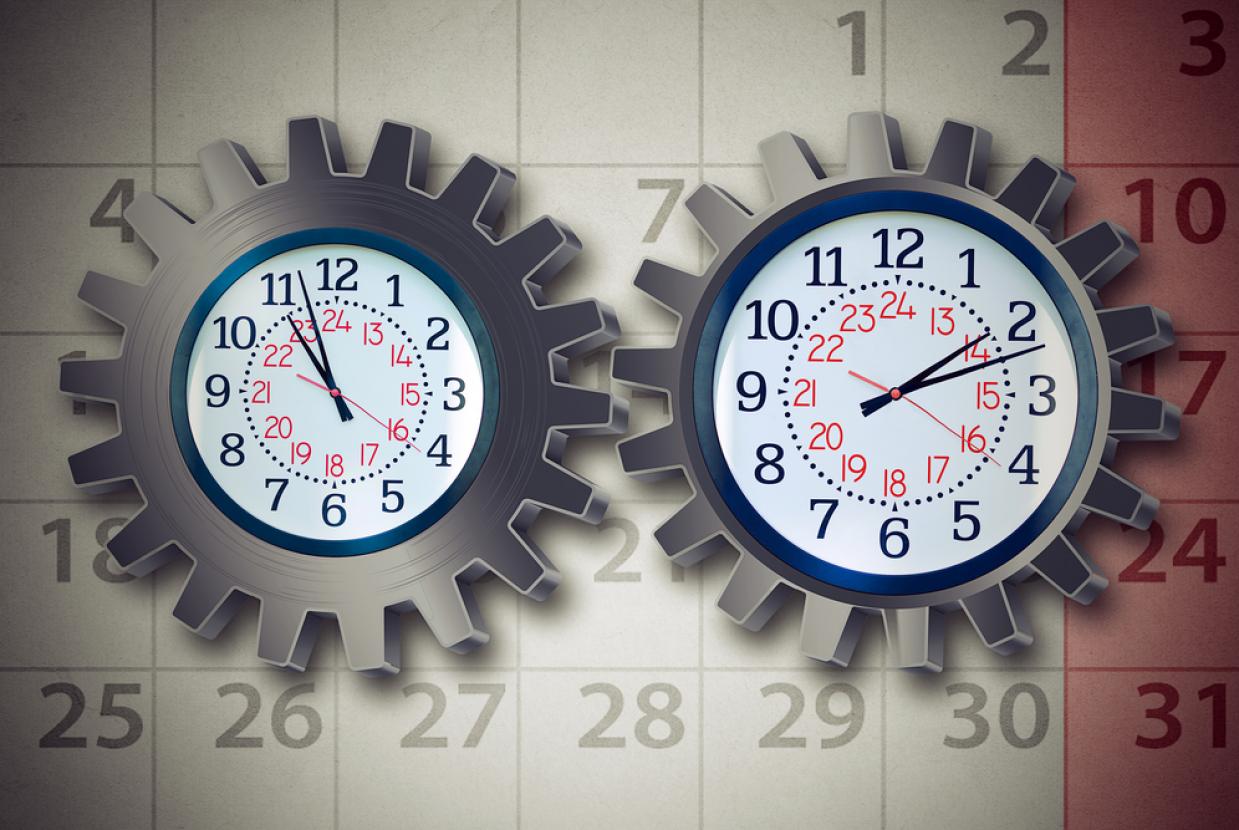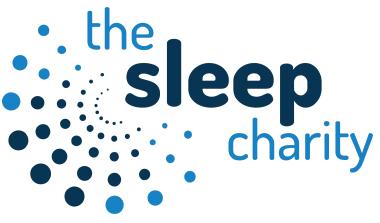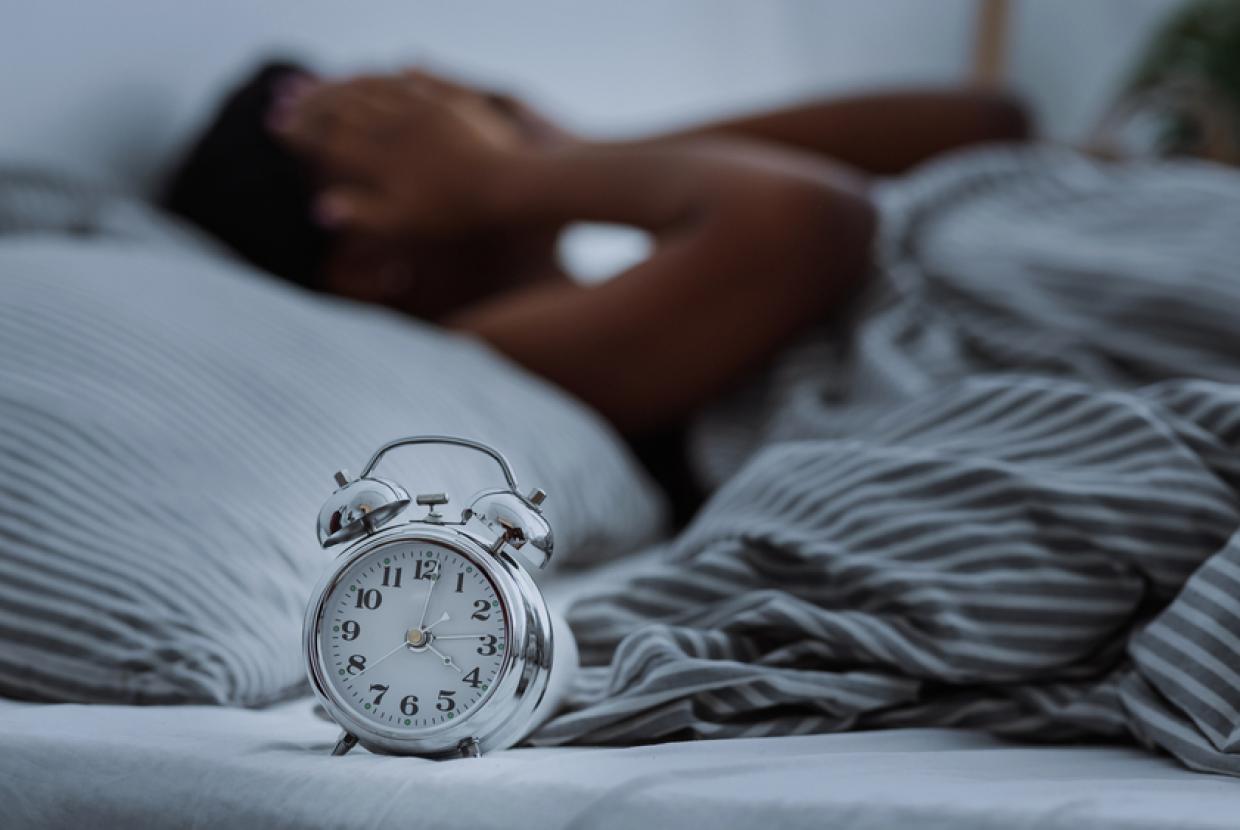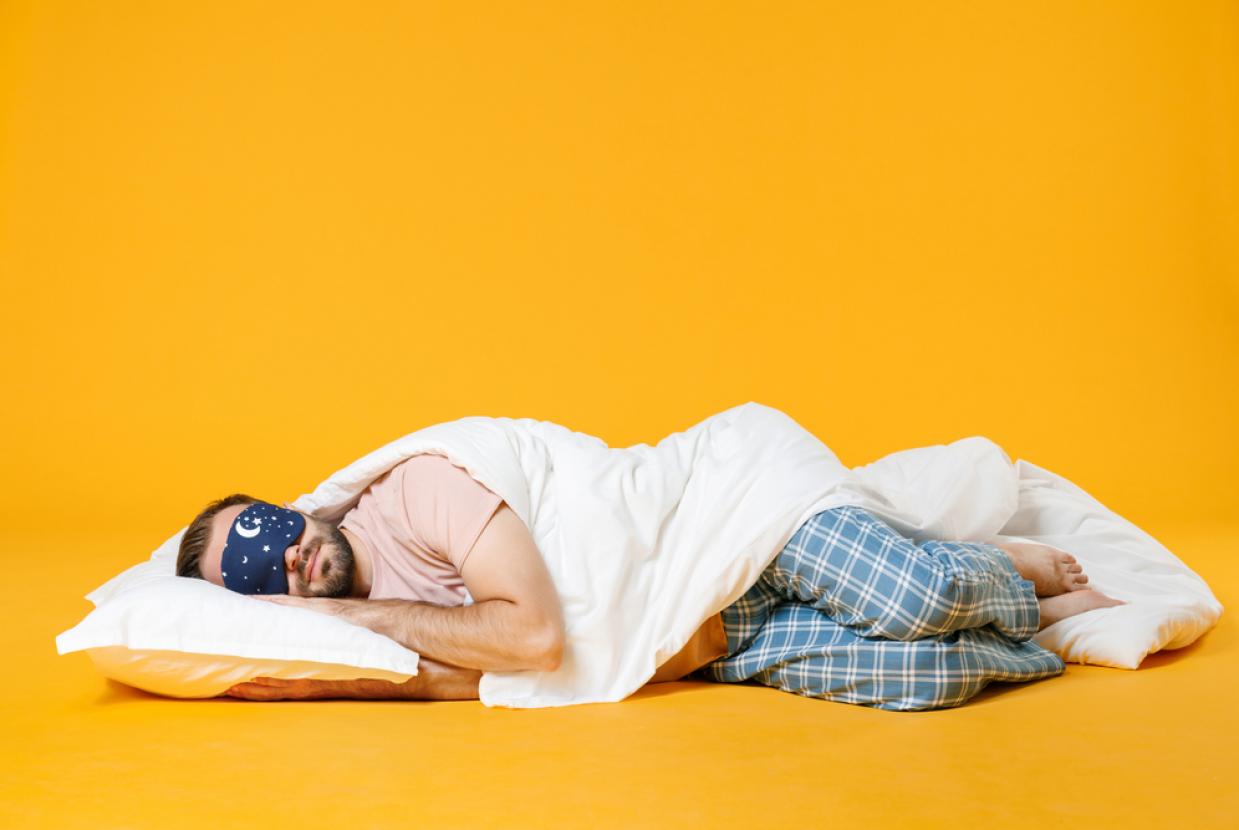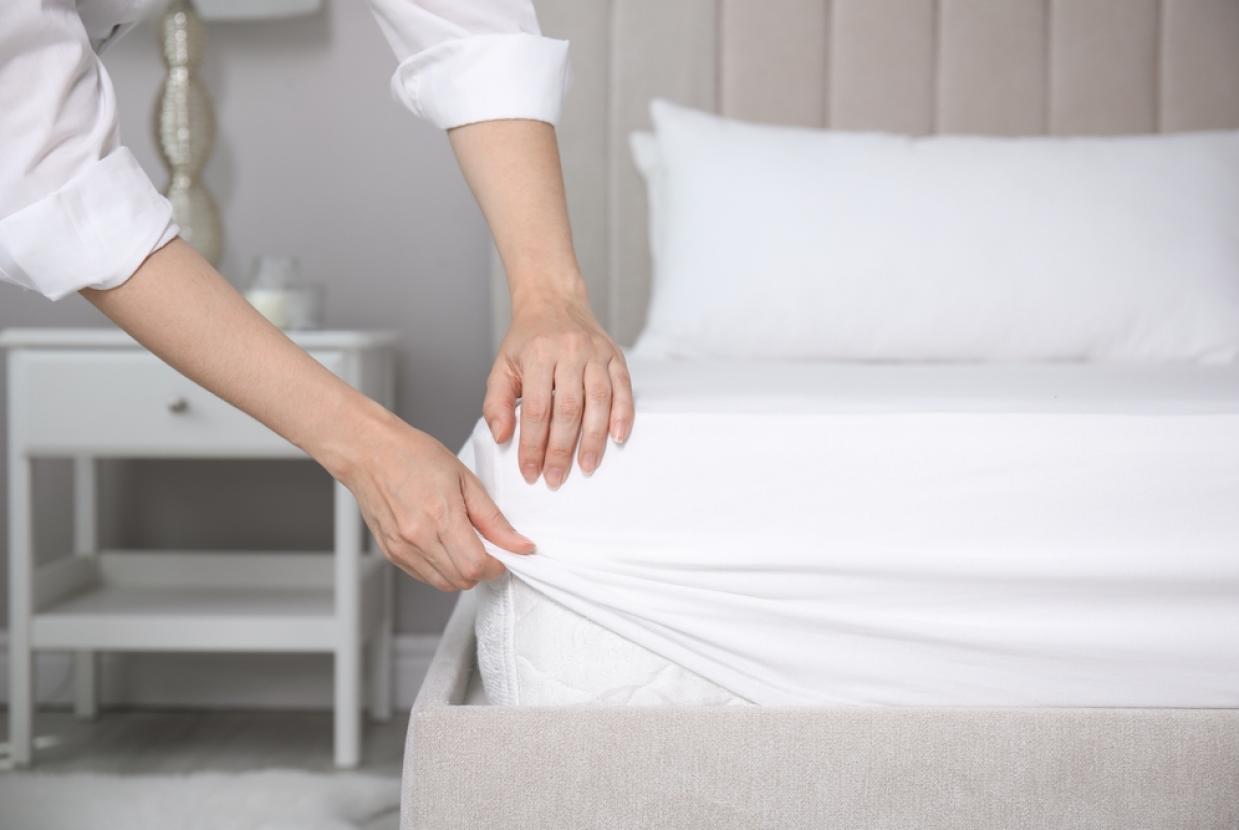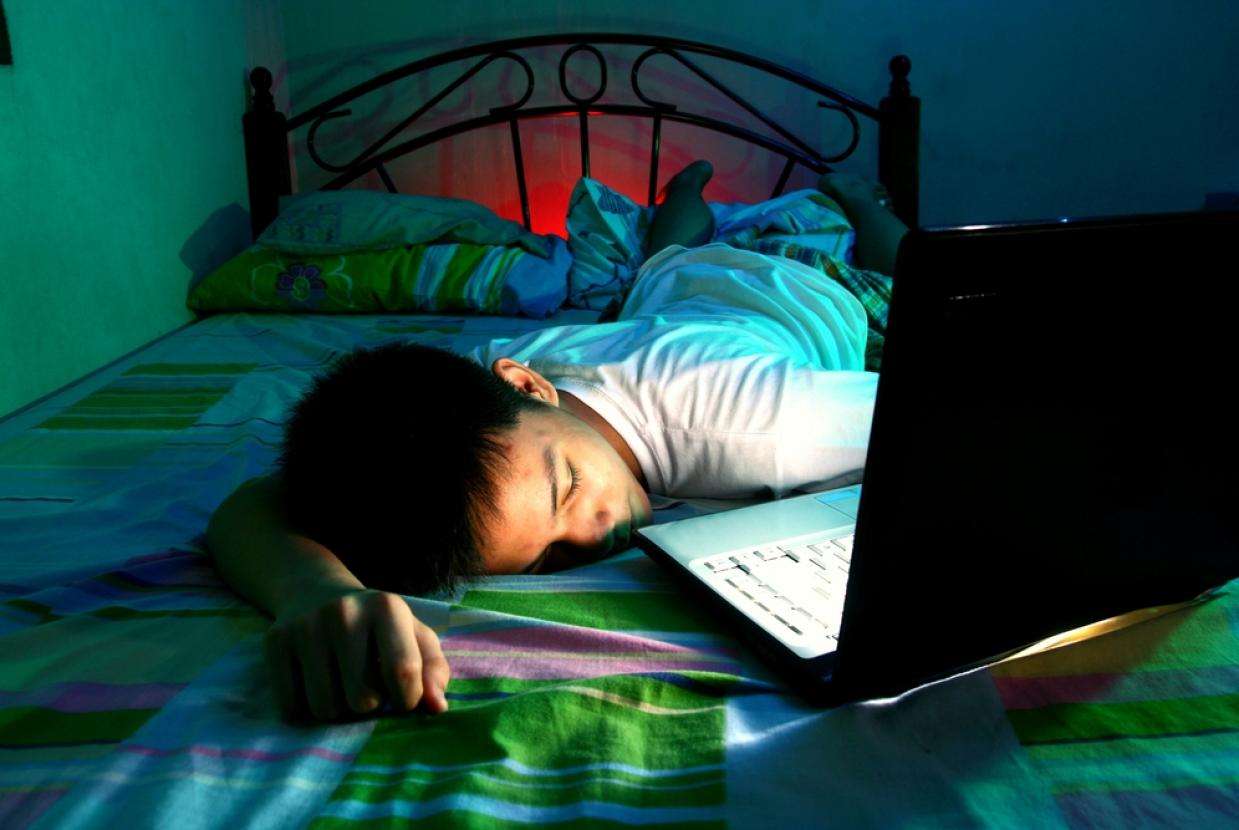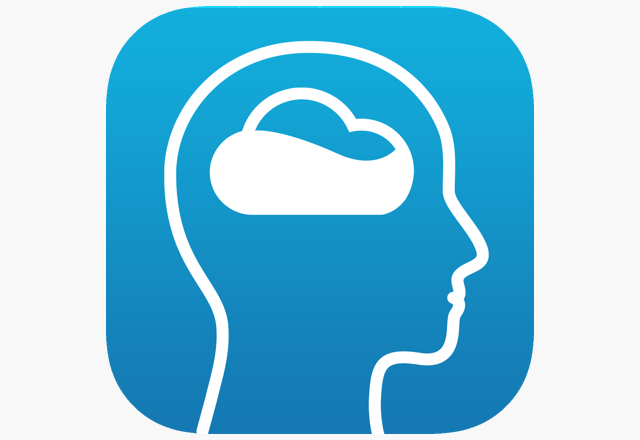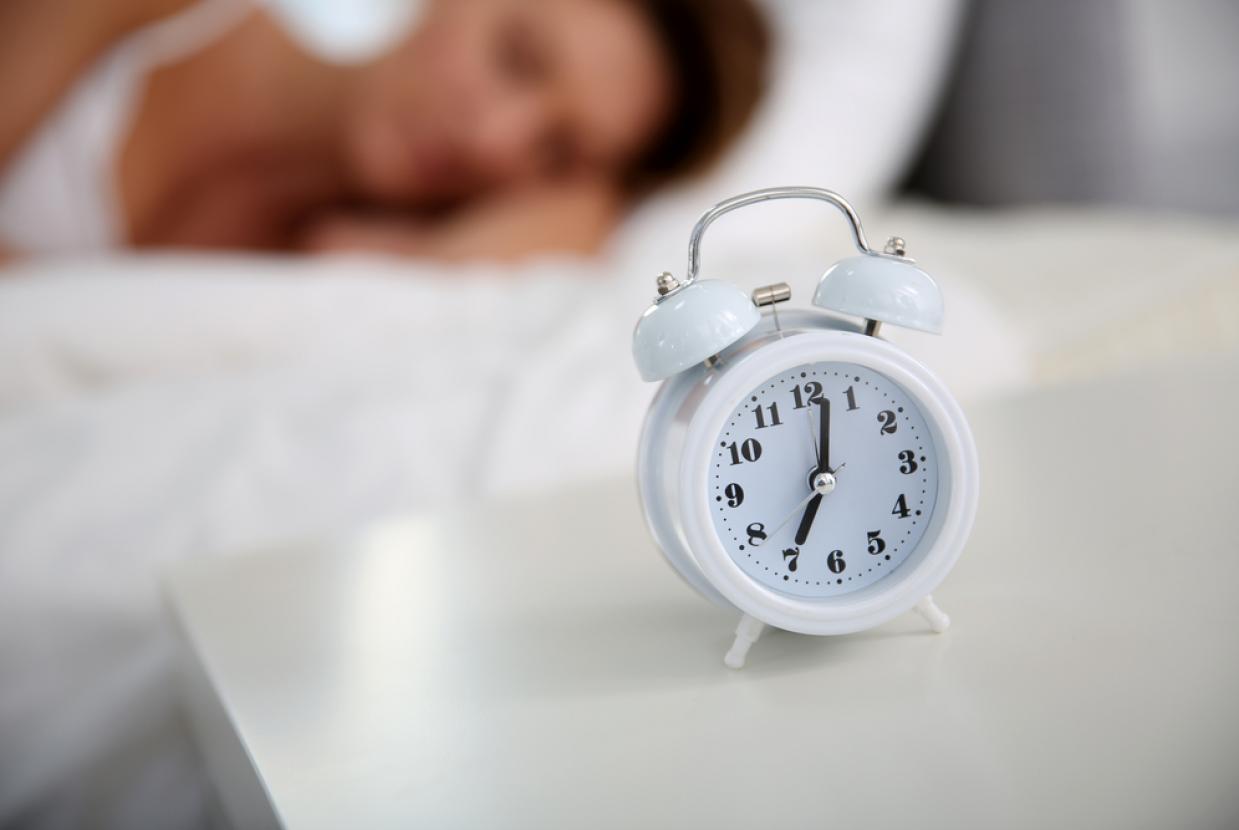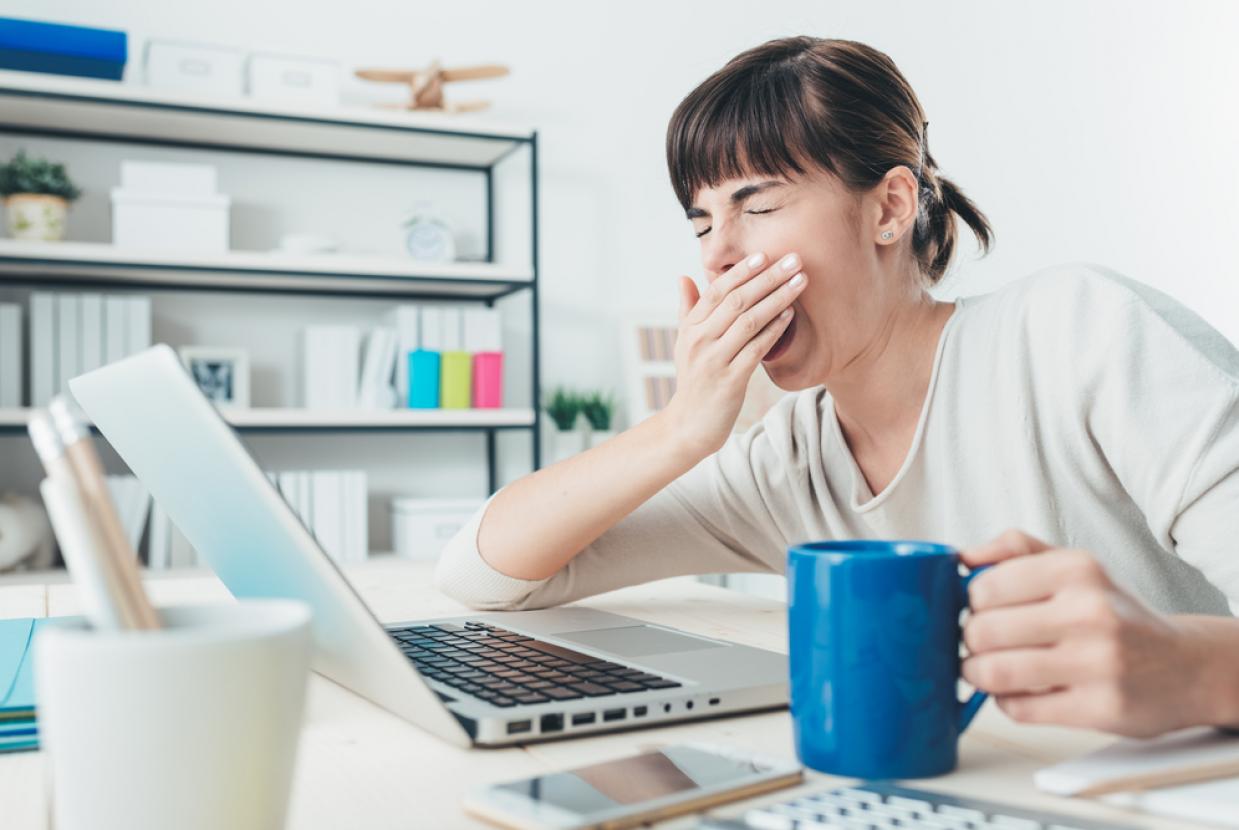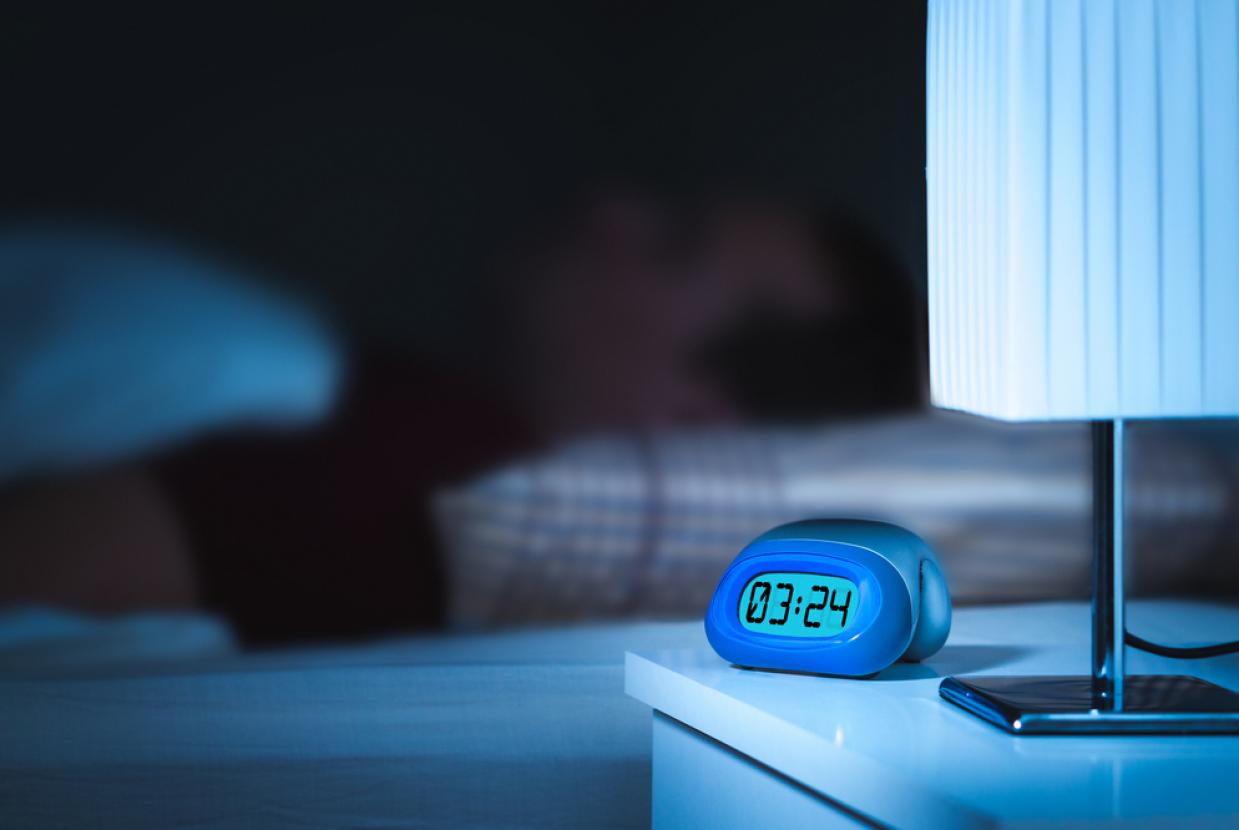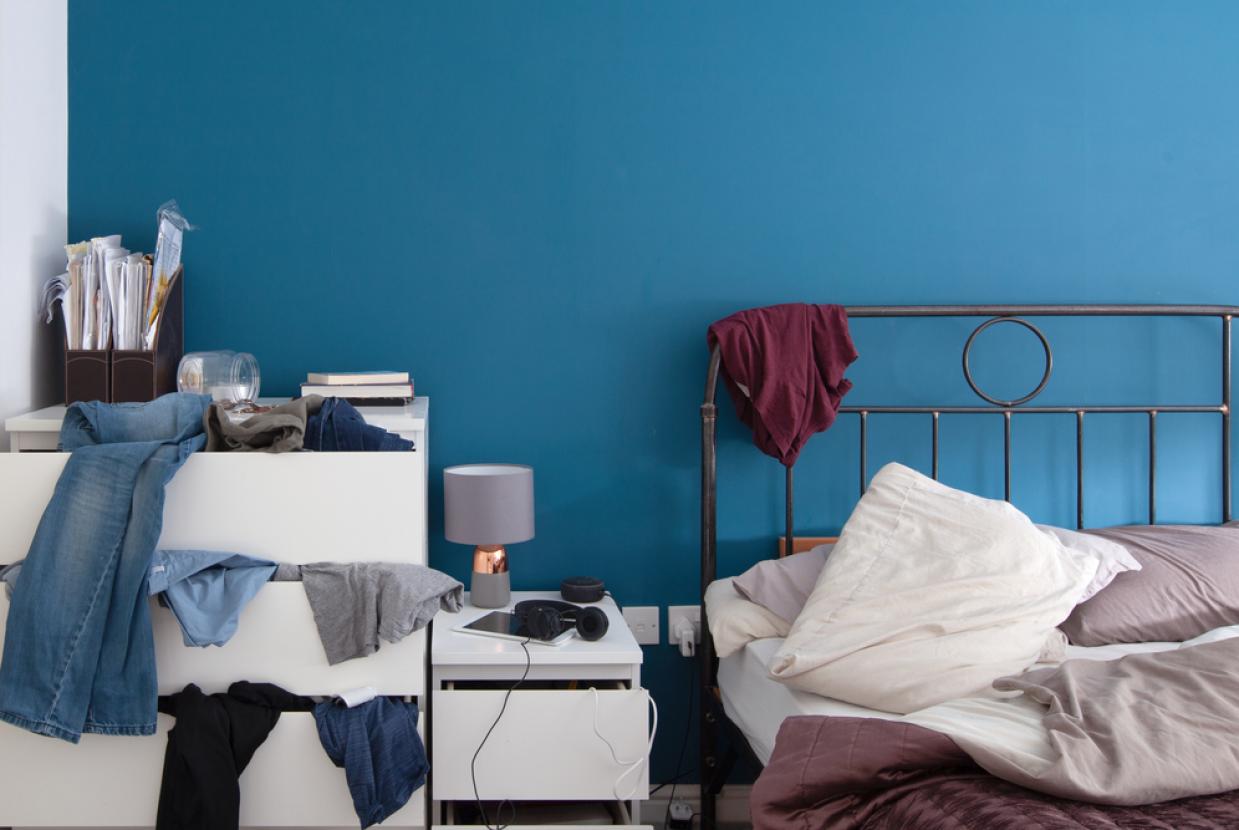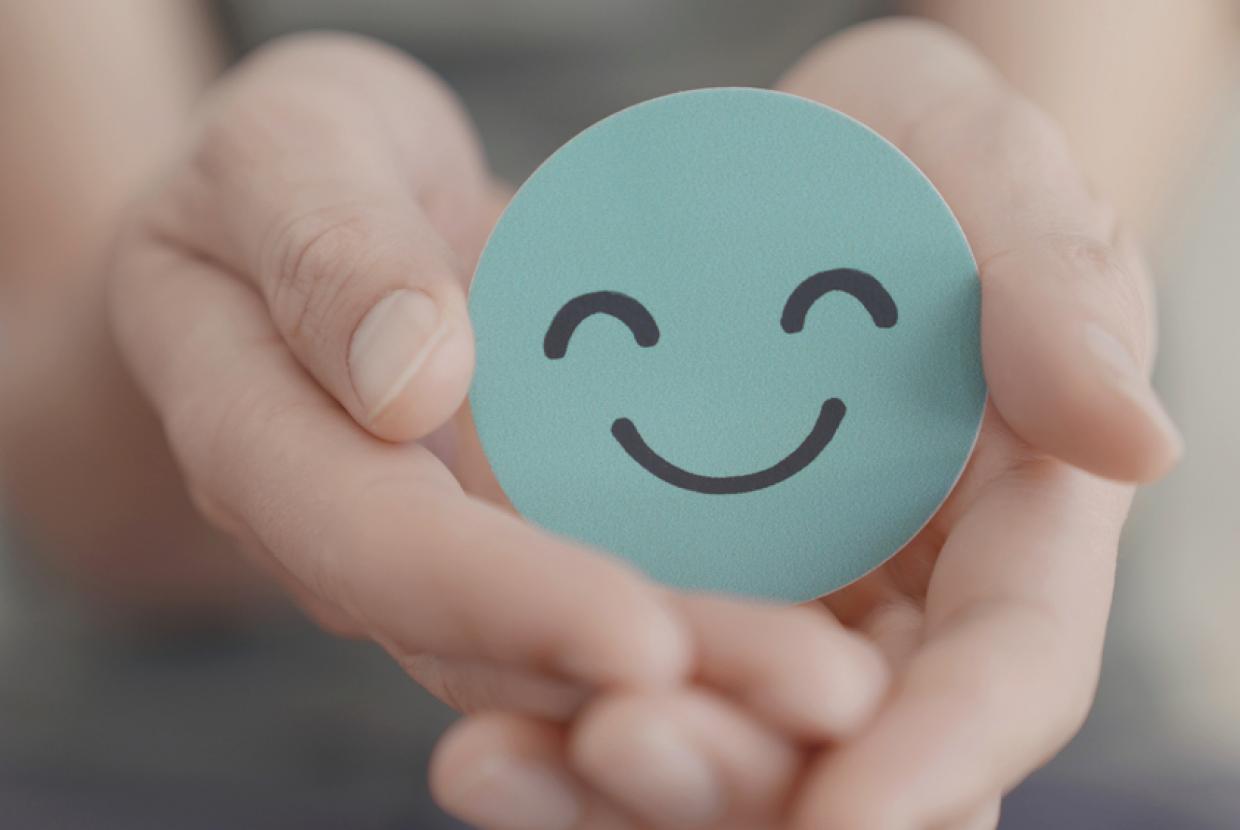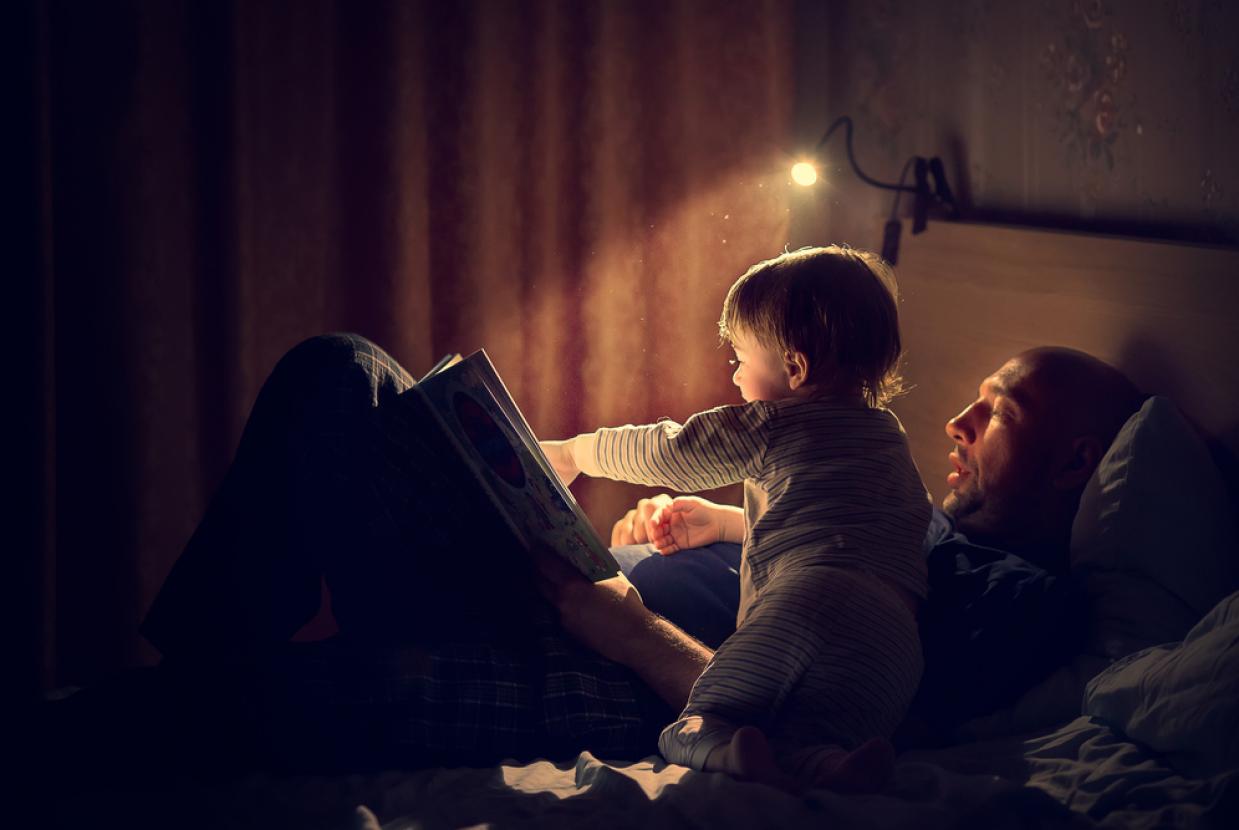Sleep & Shift Work
Shift work is harmful to sleep. Our body’s internal clock is designed for us to be active in the day and asleep at night and the damaging effects on health are well known. There are reports that anti-social hours can prematurely age the brain and dull intellectual ability and that night shift work is linked to obesity as employees who sleep during the day burn fewer calories than when sleeping at night.
Daytime sleep is less efficient that night-time sleep as you’re constantly battling against disturbance factors – such as light, noise etc – and challenging your body’s natural circadian clock.
With an estimated 4.1million people working night shifts, it’s important that those who do understand the importance of sleep and do what they can to achieve better daytime sleep. Lack of quality sleep can lead to all sorts of issues from sleepiness and fatigue in the workplace to poor concentration, absenteeism, accidents, errors, injuries etc.
Unfortunately shift workers have the hardest time when it comes to achieving a good night’s sleep. Some shift workers may work a week of nights, others may have mixed rotating shifts, making it difficult to get into any kind of routine. It can cause chronic sleep deprivation which has serious implication on health, productivity and safety.
Because of the different sleep times, bedtime routines should be taken from environmental cues rather than timings. The combination of shift work and added stress is a double whammy and strategies are needed to help with relaxation and to handle changing sleep patterns or to get the most out of broken sleep.
Simple strategies to cope
Make sure the sleeping environment is as conducive to rest as possible. It needs to be cool, quiet, dark and make sure you’re sleeping on a comfortable bed. Invest in black out curtains or blinds to block out light and if needs be, use an eye mask too. Use ear plugs to muffle external noise and talk to your partner, family or housemates about keeping any internal noise to a minimum.
Consider what you’re eating and drinking. Try not to rely on caffeinated drinks to keep you awake during the night as it will make it more difficult to fall asleep later, and if possible, avoid caffeine consumption five to six hours before going to sleep. Swap a large, heavy meal for a something lighter and resist the temptation to eat fatty, processed foods.
It’s still important to wind down properly before sleep no matter what time you go to bed. Rather than using electronic devices, try yoga, meditation or reading. There are also breathing exercises that can be practised which are great for relaxing and reducing stress levels.
Consider using public transport or taxis after working a night shift. The Royal Society for the Prevention of Accidents (ROSPA) recognises that drivers who work shifts as being a high-risk group for fatigue related car accidents, especially at the end of a night shift or a long shift. If you must drive, you may find exercising briefly before your journey helps you to feel more alert. Delay your journey and have a power nap if you feel sleepy.
If possible wear sunglasses on the way home from work – daylight will encourage your brain to feel awake and reduce your chance of getting good quality sleep. Be cautious of wearing sunglasses however if you are driving!
Napping should be well supervised and only be used as a strategy in organisations where there is a high risk of involuntary sleeping, such as driving and night-time vigilance tasks. Napping should not adopted in work environments where important decisions, especially safety-critical decisions, could be clouded by sleepiness. If napping is adopted, appropriate facilities should be provided with scheduled breaks of ideally around 40 minutes to allow workers sufficient time to have a short nap, refresh themselves and regain alertness before resuming work. A short afternoon or evening nap of around 90 minutes at home before a night shift however can be helpful in boosting energy levels especially if you’re transitioning from a day to a night shift.
After a final night shift, aim for a short morning nap (1-2 hours), ideally before midday then get up and try to keep to as ‘normal’ day as possible. You should try to eat at your normal eating times and exercise as usual aiming for as normal a bedtime as possible. You’re likely to need two ‘normal’ nights to re-establish a usual sleep pattern.
Sharing a bed can be a challenge when you have clashing sleep schedules. Ask your partner to get dressed in another room so they don’t disturb you when dressing for the next day and if you stir when their alarm goes off, ask them not to engage with you so you can roll over and go back to sleep.
What is shift work sleep disorder?
Shift work can lead to a condition known as shift work sleep disorder (SWSD) – a circadian rhythm sleep disorder that affects people who work non-traditional hours e.g. different shifts or work at night.
The main challenge of shift work is that it forces you to sleep against the clock. You have an internal body clock in your brain that produces circadian rhythms which signal to you when it is time to sleep or wake up. This is often set by exposure to sunlight. Shift workers must fight the body’s natural rhythms to try and stay awake and then feel sleepy in the day when the body expects to be alert.
Many shift workers often feel like they haven’t had enough sleep and though they may sleep well, often find themselves lethargic and irritable and have difficulty concentrating. For people with shift work sleep disorder this becomes an ongoing problem and starts to interfere with family life and work.
Symptoms include:
- Trouble falling asleep or staying asleep
- Excessive sleepiness
- Microsleeps – which last just a few seconds
- Depression
- Lack of energy
- Trouble concentrating


